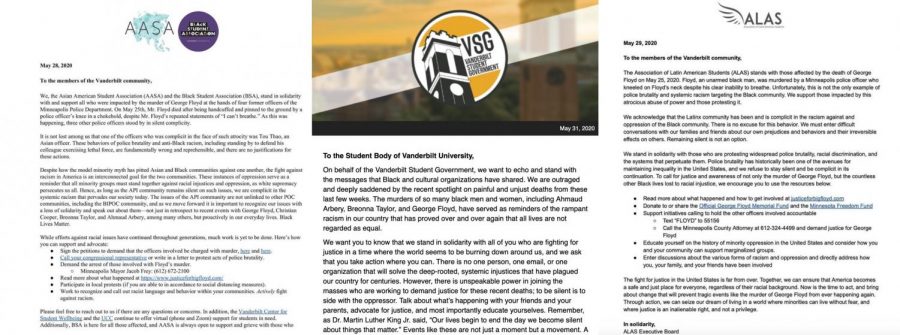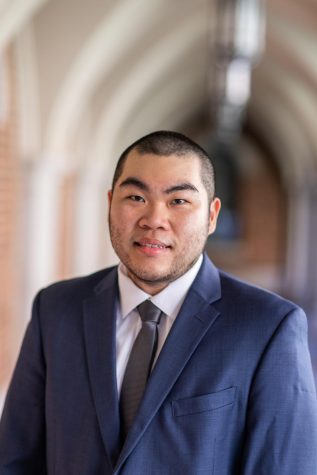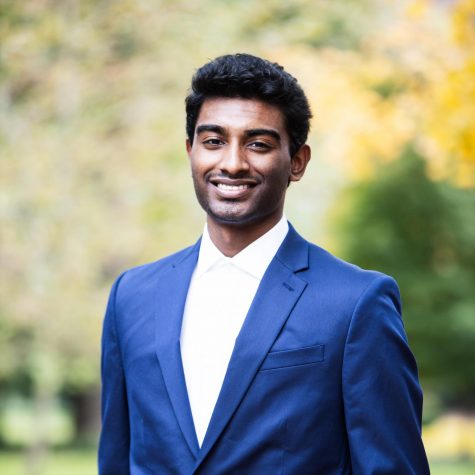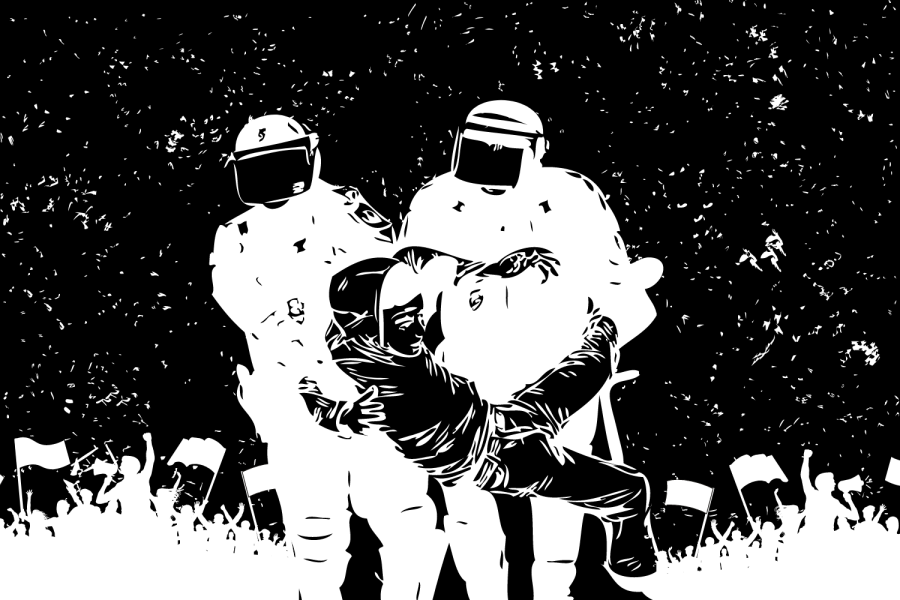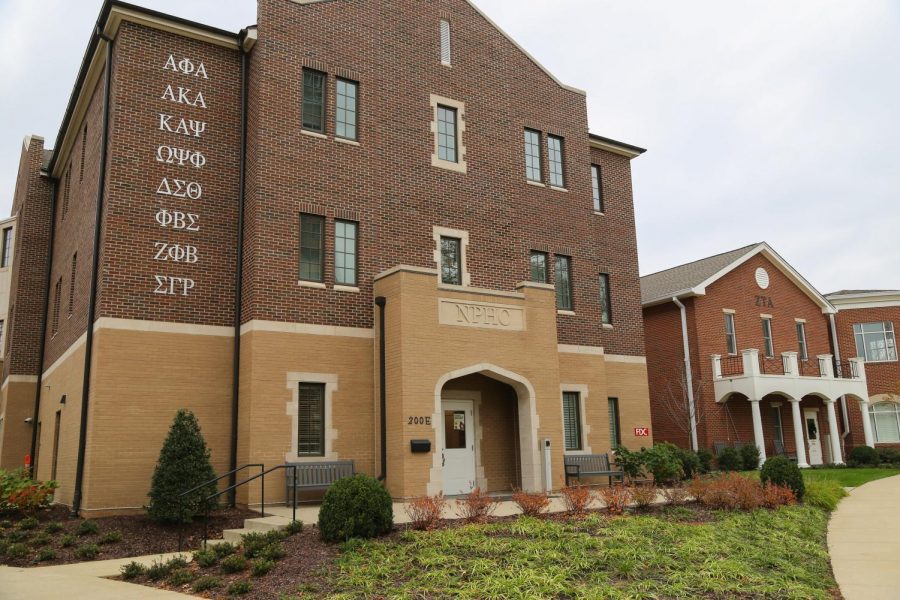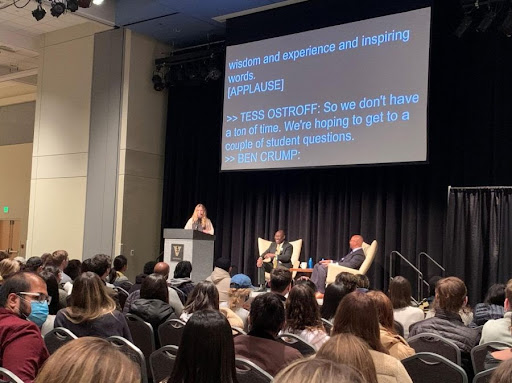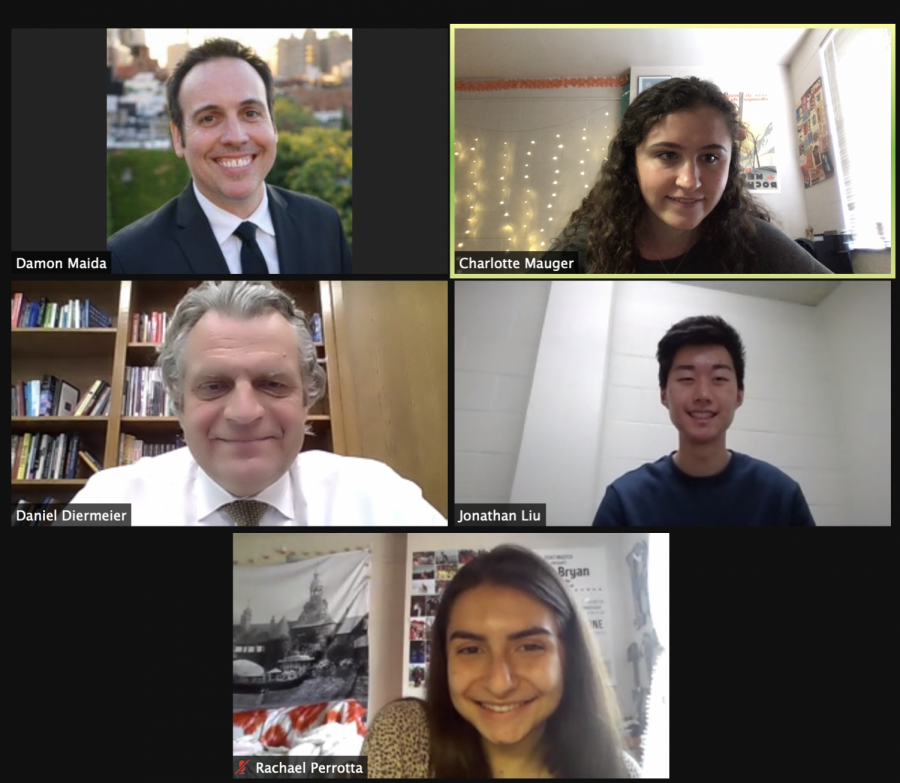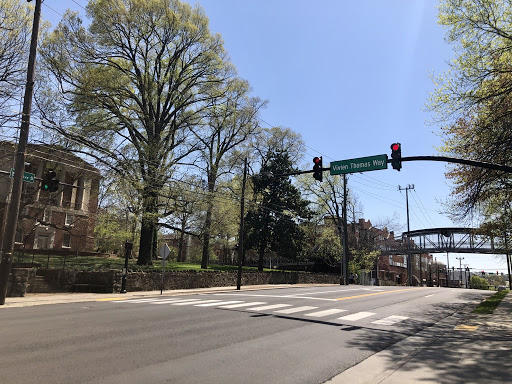The university, faculty and over 40 student groups have made statements of solidarity supporting Vanderbilt’s black community over the last week.
Collectively, these statements express sadness, advocate for justice for George Floyd and other victims of police brutality and call for a more active form of allyship from non-black members of the community.
The widespread support from the Vanderbilt community arrives after George Floyd, 46, died in police custody on May 25 in Minneapolis, Minnesota.
Four officers restrained a handcuffed Floyd with one officer, Derek Chauvin, putting his knee on Floyd’s neck for an extended period of time. Floyd can be heard saying “I can’t breathe” in videos shared on social media. Floyd was taken to the Hennepin County Medical Center and pronounced dead at 9:25 p.m. later that day. The video of the incident has since been widely shared across social media and may be disturbing to watch.
The four officers involved in the incident were all fired by the Minneapolis Police Department on May 26, and on May 29 Chauvin was arrested and charged with third-degree murder and second-degree manslaughter. After thousands gathered to protest in Minneapolis, protests have spread to different cities around the country, including Nashville.
University
Interim Chancellor and Provost Susan R. Wente released a statement May 31, affirming Vanderbilt’s commitment to working for racial justice and equality, and expressing and recognizing the grief and pain felt in the community. The statement also noted that racial injustice and inequality have been magnified by the pandemic and recent economic downturn, and the hardships have disproportionately affected Black, Indigenous and Latinx communities.
In response to Floyd’s death and the subsequent protests, the university will host a few listening sessions for students, staff, faculty and postdoctoral scholars. The first round of sessions scheduled are specifically for staff; Vice Chancellor for Equity, Diversity and Inclusion André L. Churchwell hosted one of these sessions on June 2 and will host additional sessions on June 4 and 5 at 12 p.m. CDT. Churchwell will be joined by Vice Chancellor for Administration Eric Kopstain, Vanderbilt University Chief of Police August Washington and Interim Associate Vice Chancellor for Human Capital and Business Services Laura Nairon, among others.
Interim Vice Provost for Strategic Initiatives William Robinson will be hosting additional listening sessions for graduate and undergraduate students and faculty at a later date.
Similarly, per an email statement from Dean of Education and Human Development Camilla Benbow and others, the Peabody Office of Equity, Diversity and Inclusion and the Office of Student Development and Support Services will be hosting a discussion session entitled Peabody Crucial Conversations. This session will be held on June 4 at 5 p.m. CDT to discuss the personal and professional impacts of racism, police brutality, xenophobia and inequality.
“For Vanderbilt, the path forward means going beyond just listening. We need to call out acts of hatred and racism,” Wente wrote. “We need to draw on our strength as an institution of scholarship and discovery to uncover truth, to support individual and collective actions within our community, and to offer meaningful ways forward to help society heal. As a university, we have long served as a safe harbor for the vigorous exchange of ideas and viewpoints. However, we strongly condemn those who wish to stoke the fires of divisiveness and hatred.”
Faculty
Dean of the College of Arts and Science John Geer and Dean of Undergraduate Education André Christie-Mizell also emailed a statement to students May 31 and joined Wente in condemning the racism that has led to the tragic deaths of thousands of people of color nationwide, including George Floyd. In the statement, Geer and Christie-Mizell said that they are hoping to offer new courses centered on the issue this fall.
“To work toward addressing this centuries-old problem, we are asking A&S faculty to think of ways to meaningfully advance the conversation around racial injustice,” Geer and Christie-Mizell said in the statement.
The Athletic Department has also taken a strong public stance on the issue, with Head Football Coach Derek Mason, Head Women’s Basketball Coach Stephanie White and Athletic Director Candace Lee posting their reactions on Twitter and Instagram.
Mason spoke to the importance of empathy and allyship in the fight for change.
“For those who don’t know what to say or do because you believe that your opinion doesn’t matter, you’re wrong! It matters when we have compassion and understanding of another person’s situation, hurt, pain and struggle,” Mason tweeted on May 30. “Empathy takes no talent, just the free will act of compassion. You may not be capable of walking in someone else’s shoes, so don’t. Listen to the issue and walk alongside them to get it right.”
White also focused on the ability of athletics to unite people.
“Sport, while not perfect, embraces diversity, inclusion, brotherhood, sisterhood,” White wrote in an Instagram post May 30. “Sport exposes us to different races, religions, sexual orientations, opinions and perspectives. It teaches us how to work together, for one another, empathize, communicate, listen and empower. This is why sport, and those who participate in whatever capacity, can use their platforms to lead others and truly affect change.”
Student Groups
Student organizations have also spoken out, both emailing students and posting statements on Instagram to express their sadness and encourage students to become an active ally. Some of the organizations’ calls to action include signing online petitions, donating to various civil rights organizations and bail funds and contacting local officials and national representatives.
Vanderbilt Student Government (VSG) attached an antiracist allyship starter pack to their email statement that included lists of articles, books, films, podcasts and other forms of educational media.
“There is no one person, one email, or one organization that will solve the deep-rooted, systemic injustices that have plagued our country for centuries,” VSG’s statement reads. “However, there is unspeakable power in joining the masses who are working to demand justice for these recent deaths; to be silent is to side with the oppressor. Talk about what’s happening with your friends and your parents, advocate for justice, and most importantly educate yourselves.”
The Hustler has compiled the statements from the university, faculty and student organizations into a document, which can be viewed here, to track the Vanderbilt community’s response to Floyd’s death and the subsequent protests and rallies.

